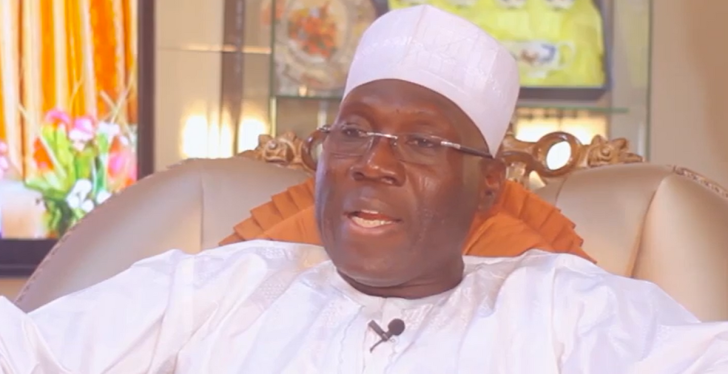
A delay in declaring state of emergency in illegal mining fight could have consequences for President Mahama - Inusah Fuseini
Inusah Fuseini, a former Minister of Roads and Highways, and former Member of Parliament for Tamale Central has called on President John Dramani Mahama to urgently declare a state of emergency over Ghana’s water bodies and forest reserves, citing the growing destruction of the environment and its threat to public health and future generations.
Speaking on Joy News’ Newsfile programme on Saturday, [April 26 2025], Mr Fuseini said the level of degradation caused by illegal mining and other harmful activities requires firm action.
He explained that a state of emergency would allow the government to freeze all existing rights, including legally acquired mining permits, in order to restore affected areas.
“When you declare a state of emergency, you freeze all rights. So the accrued rights are frozen, and then you can go into the forest to deal with the people who are there,” Mr Fuseini stated. “We need to protect the environment.”
He cautioned that any delay could have serious consequences for the Mahama administration, warning that the government’s ability or failure to tackle illegal small-scale mining could become one of the most defining issues of its term.
“If there’s anything that will affect us as a government, more in this term of John Dramani Mahama, it will be our ability or inability to fight illegal small-scale mining,” he said.
Mr Fuseini further recalled that while in opposition, the National Democratic Congress (NDC) had promised to declare a state of emergency and repeal Legislative Instrument (L.I.) 2462, which permits mining in forest reserves.
He described fulfilling these pledges as a matter of “moral integrity” and welcomed recent indications that the repeal process was in motion.
Beyond the political assurances, Mr Fuseini drew attention to the human cost of environmental damage, linking polluted rivers to an increase in cases of kidney disease and birth defects.
He warned that if water bodies continue to deteriorate due to hazardous substances, the country could face a health crisis that hospitals would struggle to manage.
Drawing on global examples, Mr Fuseini said Ghana risked turning its once verdant landscapes into barren deserts if exploitation of natural resources continued unchecked.
He urged Ghanaians to safeguard forests and rivers not only for present needs but also to protect the livelihood of future generations, in line with the principle of intergenerational equity.
Mr Fuseini, who has long been involved in environmental advocacy, recalled his participation in protests organised by the Catholic Church and other civil society groups, which called for the declaration of a state of emergency to safeguard natural resources.
He suggested that swift action by President Mahama could make further demonstrations unnecessary.
“The demonstration may not become necessary anymore,” he said, urging the government to honour the pledges it made to the Ghanaian people.
